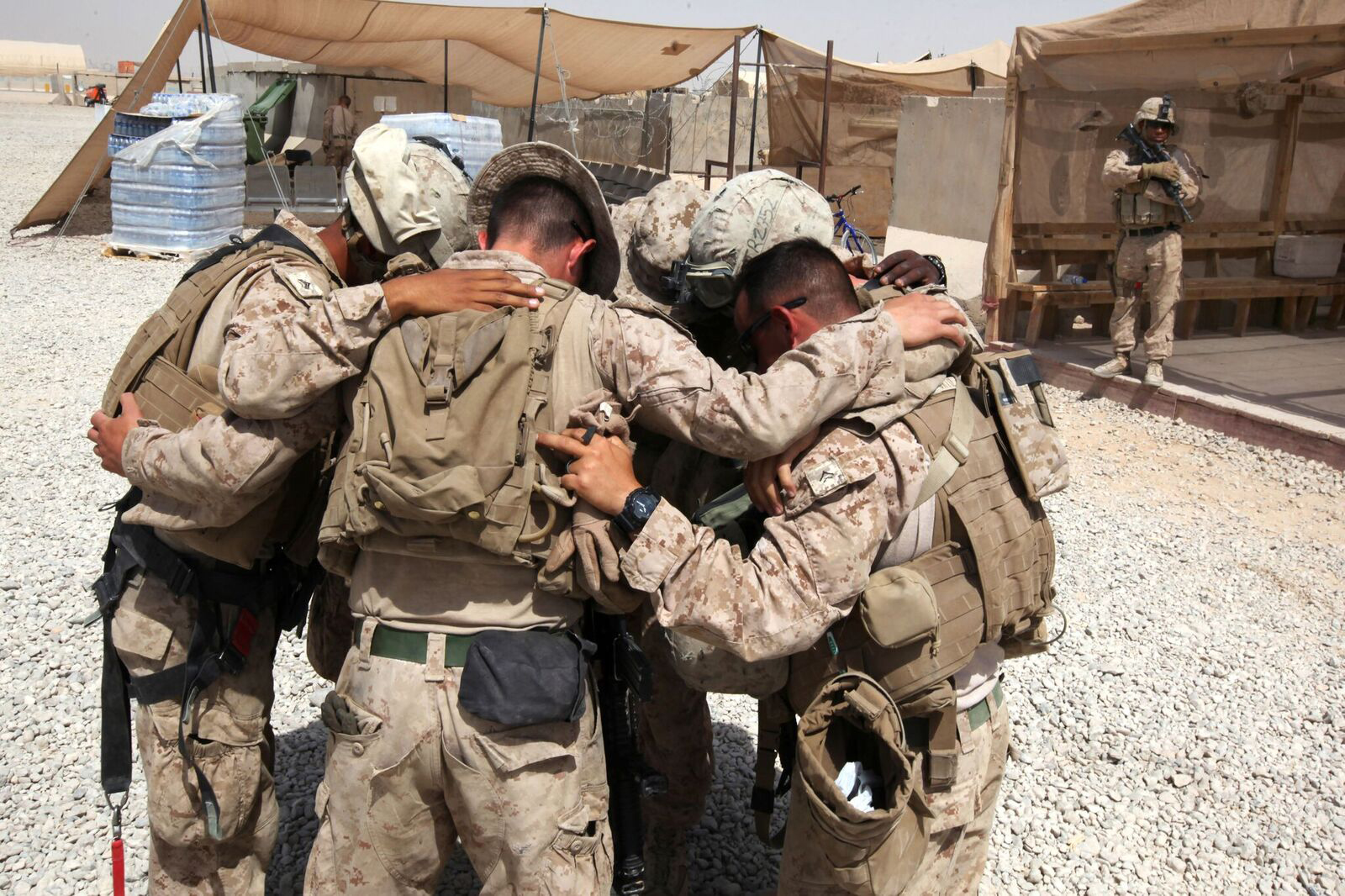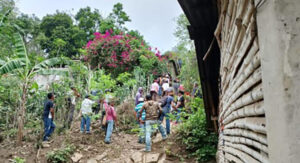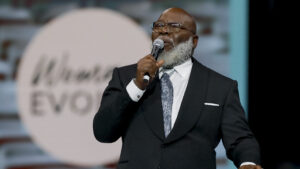
FORT BENNING, Ga. (BP) — When Chaplain (CPT) Robert Boyles was in U.S. Army Ranger School training, he met four strangers he later would baptize. But when the weather turned 15 degrees that night, Boyles was simply another Ranger in training, stomping his feet in his Army boots to keep warm.
 Boyles and the others were in the Mountain phase of an arduous 61 days in training at Fort Benning’s Ranger Brigade. They’d already endured a 12-mile road march carrying 35-pound rucksacks and weapons as well as intense military instruction, challenging patrols and a grueling physical training (PT) test together.
Boyles and the others were in the Mountain phase of an arduous 61 days in training at Fort Benning’s Ranger Brigade. They’d already endured a 12-mile road march carrying 35-pound rucksacks and weapons as well as intense military instruction, challenging patrols and a grueling physical training (PT) test together.
During their cold circuit in the mountains, Boyles and a few men talked. Unbeknownst to many soldiers, Boyles was a chaplain in training — sliding on his belly in the mud under a fence of barbed wire with the other trainees and running toward whirring helicopters in the middle of the night with his unit. Being a chaplain meant Boyles would be there at the end, earning his Ranger tab and graduating with the elite.
Why? Because chaplaincy is all about being present.
“Chaplains pay their dues,” says Chaplain (Major) Philip Kramer, senior chaplain in the Airborne and Ranger Training Brigades at Fort Benning. “The cloth we wear is the same cloth our fellow soldiers wear. It is earned with blood, sweat and tears, and paid in the form of hard work for the purpose of ministering.”
It’s why Chaplain (CPT) Robert Davis, an Airborne and Ranger Training Brigade chaplain, continuously jumps with young airborne trainees off 250-foot towers formerly built for the 1939 New York World’s Fair.
“We want to be constantly available to our constituents, which means doing what they are doing in order to earn the respect to reach them,” Davis says.
Currently 37 chaplains and 38 religious affairs specialists are serving the religious and pastoral needs of thousands of soldiers, families and authorized civilian personnel at the military base. They are the Fort Benning Unit Ministry Team under the watchful eye of Chaplain (COL) Robert Hart, a Southern Baptist who heads the Maneuver Center of Excellence (MCoE)/Garrison Chaplain, Religious Support Office.
They are in charge of 25 weekend services and 40 weekday programs in 15 facilities.
“In the Army, many soldiers have spiritual experiences,” Boyles says. “Knowing a chaplain means knowing someone they can talk to.”
In sleeting weather during Ranger training, for example, Boyles’ presence and proximity to his troops allowed him to reach them on another level and even pray with them upon request. After graduating, Boyles remains a chaplain at the Airborne and Ranger Training Brigade.
Boyles’ support comes from the MCoE in its role of providing safety, support and services to all military and civilian organizations as well as comprehensive religious support. It is also a trusted advisory team to the commander and staff on matters pertaining to religious support, morals, pastoral care and morale issues.
Chaplain (COL) Bob Hart’s philosophy entails three steps: People first, professional care and be purpose-driven.
— “People first” is about being with soldiers when they train, deploy and have problems they need someone to hear. Chaplains putting people first are compassionate and provide kind and understanding leadership to those far from home.
— “Professional care” is about providing confidentiality to those in the Army. This requires integrity and respect from the chaplains.
— “Purpose-driven” is about focusing on the Great Commission and about being fruitful.
“There’s a lot of additional things easy to get wrapped up in, like status,” Kramer says. “But those things produce foliage, not fruit. We have to focus as chaplains on the fruit and on producing that fruit as part of the Great Commission. It’s a challenge, but we must have a greater commitment to what truly matters in life and live out that commitment.”
Going on 28 years of service, Shane Chapman, the 194th Brigade Command Sergeant Major (CSM), meets basic trainees at the starting lines of their military careers.
“I saw the worst of what humans can do to each other,” Chapman says about his first deployment at age 20 to Somalia. “I tell the basic trainees that glory and war do not go together. We are patriots and we fight for our country because we believe in it, not because we want the glory. If that’s what they’re fighting for, they won’t find it in a war zone.”
During the course of eight deployments, Chapman realized many find God on deployment.
“We have about 60,000 soldiers a year pass through Fort Benning,” he says. “My goal is to produce aspiring professionals to the force by developing disciplined, competent, professional, well-trained soldiers who are accountable for their actions. It’s hard work but I care because I love the troops and I know our chaplains do too.”
The chaplaincy is there for soldiers when their “innocent view of the world is lost,” Chapman says.
“We must rely on something greater than ourselves to get through it,” says Chaplain Jay Burke, currently serving the 2-58th infantry regiment at Fort Benning. “We can’t lose the sacredness of life. We are here to remind them there is a reason and purpose. Our commitments to the soldiers are not only about honoring the nation but also about connecting dots of moral absolutes not determined by man.
“It’s tough but, as chaplains, we get on our knees and pray and then live with the soldiers,” Burke says. “We search for leaders among them to train up. We give our best and encourage personal relationships with Christ beyond theory and tradition.
“We all need Jesus. Chaplains are here to remind everyone amidst the noise of what is important.”












